Africa is a continent that has amazing potential but is also plagued with a myriad of problems in virtually all sectors ranging from finance, energy, agriculture, and land registry. Unfortunately, more than 50 years of poor governance has not helped alleviate these crunching challenges besetting most African countries.
Fast forward to 2008 and the world got wind of a new lexicon called Bitcoin. It was a new technology that few privileged, young tech-savvy entrepreneurs took advantage of. It wasn’t until 2009 before Satoshi Nakamoto mined the first ever block on the chain, called Genesis Block. Today, the Blockchain has evolved into a decentralized digital ledger via which transactions made in Bitcoin or other cryptocurrency are recorded chronologically and publicly.
The emergence of Blockchain technology which took Africa by storm with its multiple functionalities, in the area of finance, healthcare, governance, and telecommunication, has continued to find immense relevance in the continent. Blockchain can reduce endemic corruption in a continent where there is lack of trust and transparency. Blockchain technology with its vast potential can also help overcome electoral fraud, land theft and educational deficits that have persisted in most African countries.
The key area where most African countries have suffered the most is in the area of energy. As at April 2017, only 15.3% of the entire Tanzanian population had access to electricity. South Sudan is even worse off, with just 5.1% of its total population having access to clean and cheap electricity. The problem is more evident in Nigeria, which prides herself as the Giant of Africa but can only generate an average of 3200MW of electricity daily for over 180 million populations. This has indeed slowed down economic growth in Africa and also impacted negatively on other sectors that depend heavily on electricity for its survival.
Fortunately, Africa has come to embrace renewable energy as a means of bridging the widening gap that has been created by the energy deficit. One of such renewable energy options which were initiated by Africa Blockchain Research Council (ABRC), a holding company of Auto Republic Ltd, UK, is codenamed “Powering Africa Project”. The Powering Africa Project is set to create a clean, cheap and sustainable energy solution to bridge the huge energy gap in Africa. The Project will deploy both the renewable energy and Blockchain technology.
The Solarex ecosystem which will build a decentralized network of energy resources via solar farms which will be connected through Blockchain technology, will aim to become the largest, most efficient and sustainable solar energy provider in Africa, offering energy at a cheap and affordable price for all, and setting a new standard for energy consumption in Africa.
The Solarex utility token (SRX), is an innovative off-grid solar energy technology token that is built around the Ethereum platform and gives access to the services provided on the Solarex ecosystem. Each Solarex token is expected to increase in value based on its multiple functionality and fact that the token will be listed on major exchanges 14 days after the end of its ICO.
The Solarex official ICO website is now opened for private investors and partnership. For those interested in partnership and private sale, simply contact the CEO at ceo@solarex.io
You can also reach Solarex Team in various ways:
Chat on Telegram: https://t.me/SolarexICO
Visit ICO Website: https://solarex.io
Read the Whitepaper: https://solarex.io/content/site/whitepaper.pdf
Subscribe on Facebook: https://www.facebook.com/solarexico
Follow on LinkedIn: https://www.linkedin.com/groups/8657063
Subscribe on YouTube: https://www.youtube.com/watch?v=_SxEFSpTkoM
Follow on Twitter: https://twitter.com/SolarexICO
Follow on Instagram: https://www.instagram.com/solarexico/
*This is a paid press release. Readers should do their own due diligence before taking any actions related to the promoted company, product or service. Bitcoin Africa Ltd. is not responsible, directly or indirectly, for any loss or damage caused by or in connection with the use of or reliance on any content, product or service mentioned in the press release.*
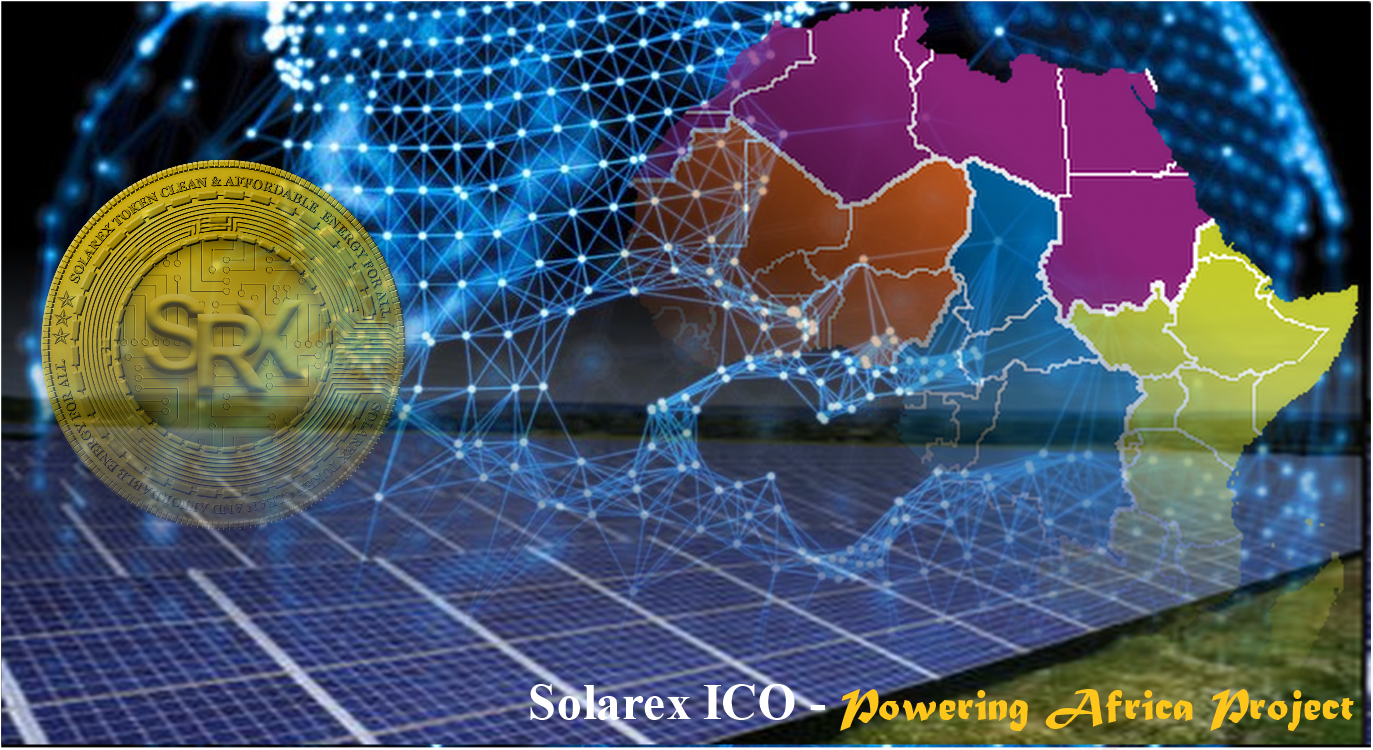

 Features3 years ago
Features3 years ago
 Bitcoin2 years ago
Bitcoin2 years ago
 Features3 years ago
Features3 years ago
 Features3 years ago
Features3 years ago
 Features3 years ago
Features3 years ago
 Features3 years ago
Features3 years ago
 Features8 months ago
Features8 months ago
 Bitcoin10 months ago
Bitcoin10 months ago


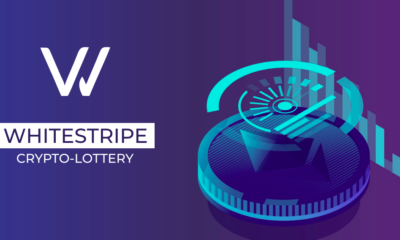

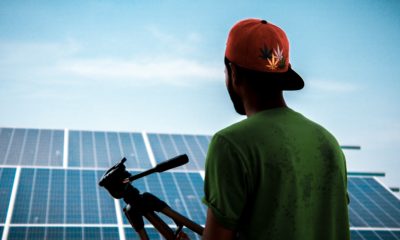



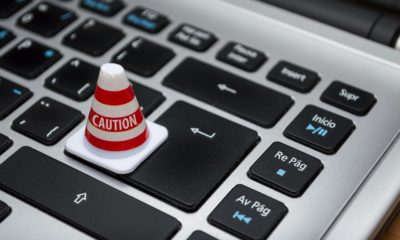

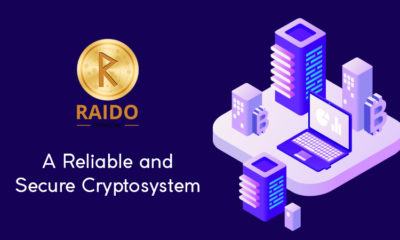

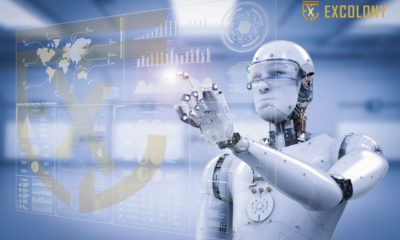

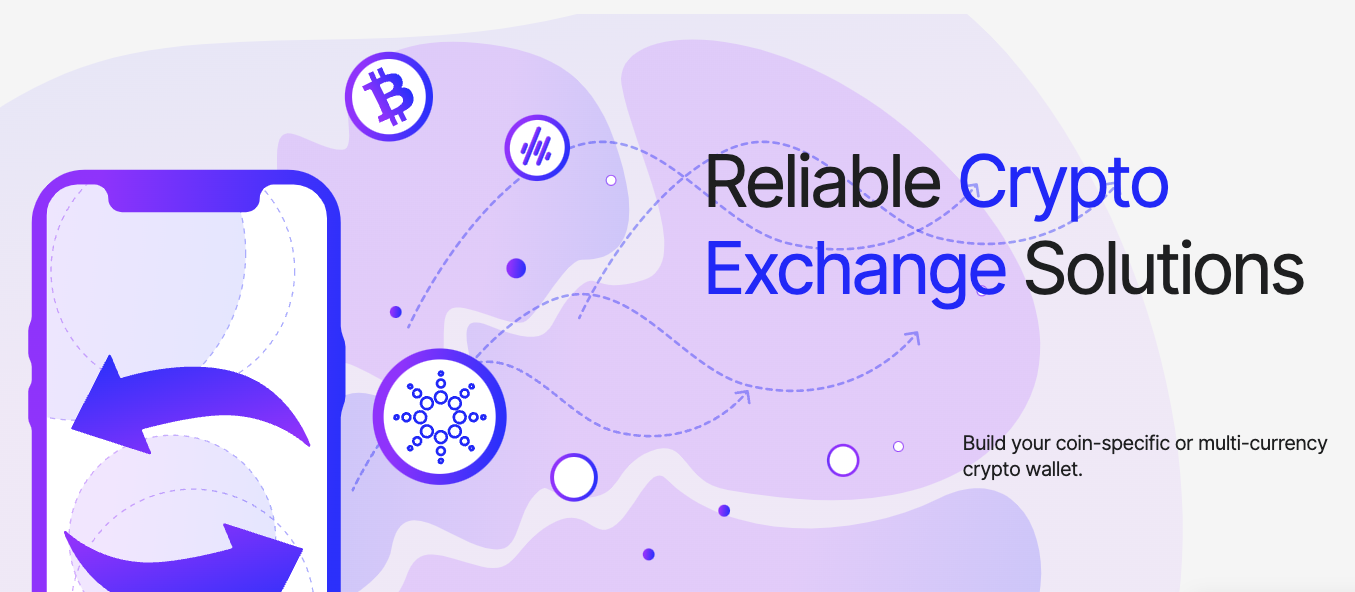

 1xBit has created Ticket Rush with numerous fanciful prizes that could change your entire gambling experience. With multiple prize draws designed to select many winners, you have a chance at winning big. The prize pool is 3 BTC, with numerous winners per category.
1xBit has created Ticket Rush with numerous fanciful prizes that could change your entire gambling experience. With multiple prize draws designed to select many winners, you have a chance at winning big. The prize pool is 3 BTC, with numerous winners per category.
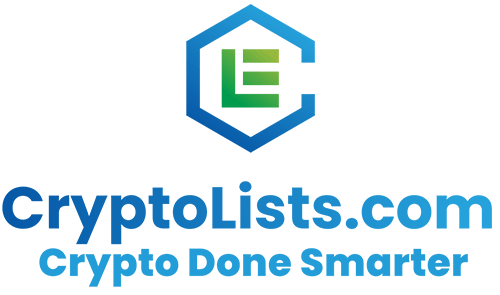 Tom also brought his creative mind to the forefront when brainstorming the new brand mission alongside the wider team. Crypto Lists had been searching for a new slogan, that is both accurate, descriptive, as well as evergreen – taking into consideration the future developments and growth of the company. Along with the senior leadership, a general consensus was reached: Crypto Done Smarter.
Tom also brought his creative mind to the forefront when brainstorming the new brand mission alongside the wider team. Crypto Lists had been searching for a new slogan, that is both accurate, descriptive, as well as evergreen – taking into consideration the future developments and growth of the company. Along with the senior leadership, a general consensus was reached: Crypto Done Smarter.
